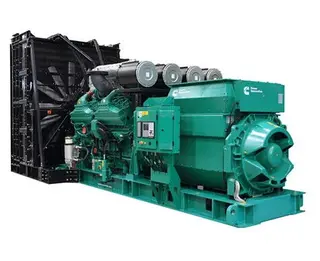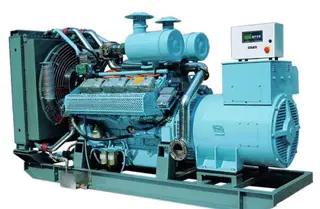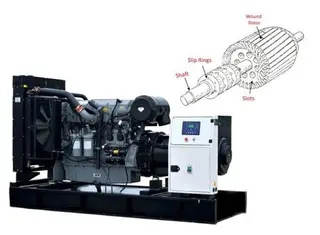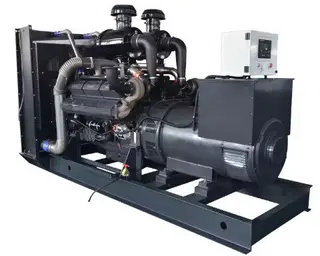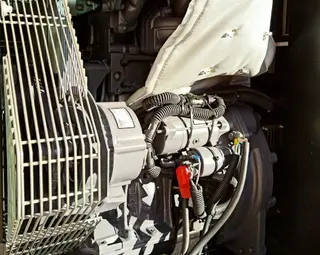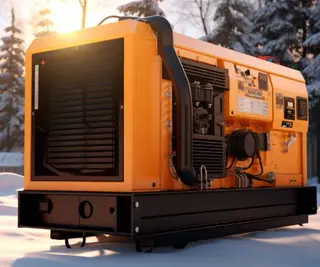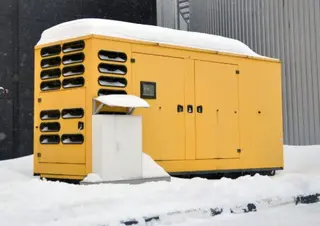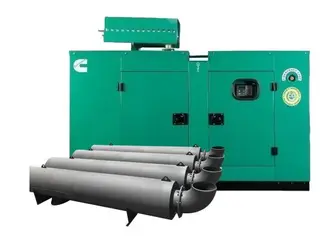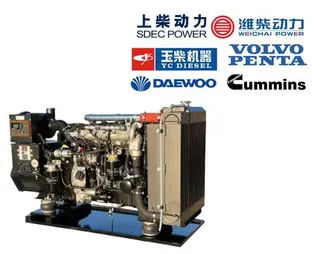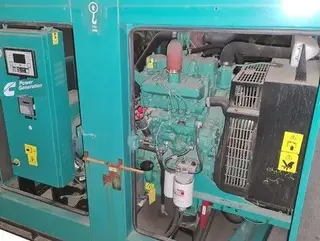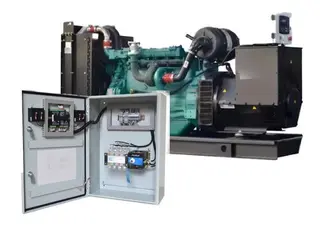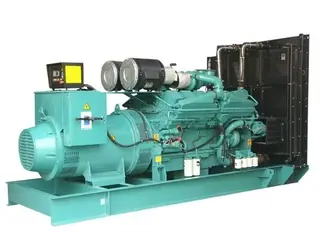Handling Diesel Generator Sets Running in a Demagnetized State
Diesel generator sets play a crucial role in power systems, especially in emergency power supply and maintaining system stability. The phenomenon of demagnetization in diesel generator sets can not only affect their normal operation but also pose a serious threat to the stability of the power system. This article will provide a detailed analysis of the impact of demagnetized operation in diesel generator sets, the conditions under which demagnetized operation is allowed, and the measures and precautions...

